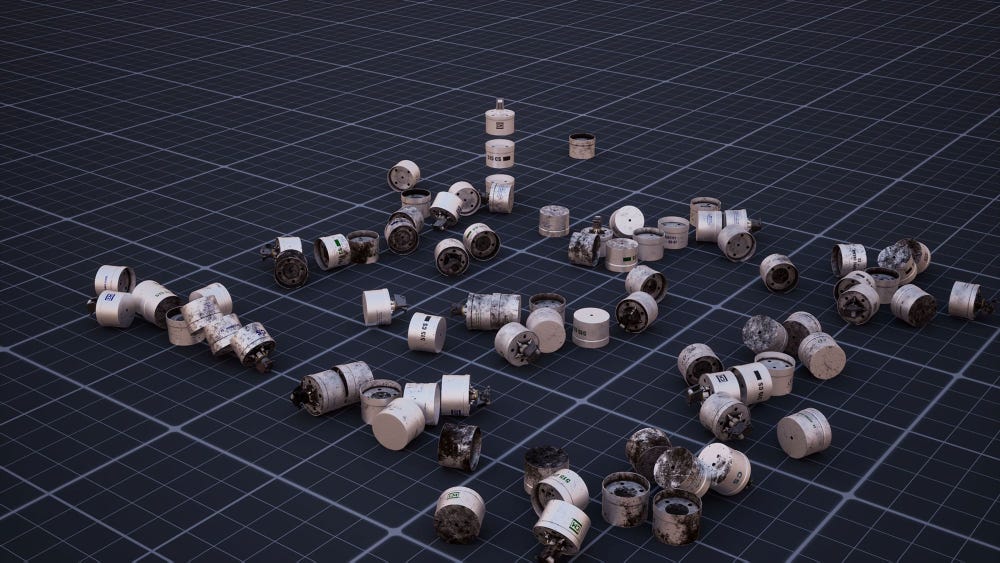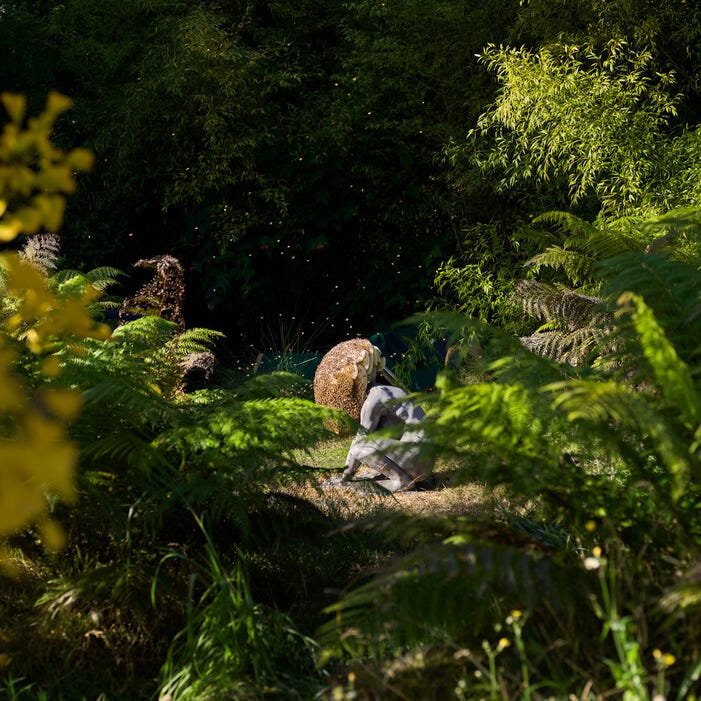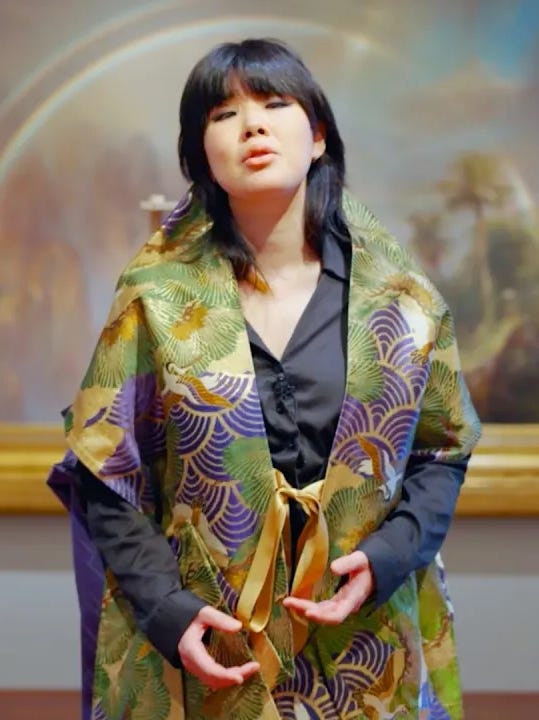Statement on Eyal Weizman of Forensic Architecture
By Claudia Schmuckli and Thomas P. Campbell
February 20, 2020
On Thursday, February 13, Eyal Weizman of Forensic Architecture had his travel authorization to the United States revoked due to an “algorithm” that identified him as a security threat.
He was meant to be in the United States promoting multiple exhibitions including Uncanny Valley: Being Human in the Age of AI, opening on February 22 at the de Young museum in San Francisco.
Since 2018, Forensic Architecture has used machine learning / AI to aid in humanitarian work, using synthetic images—photorealistic digital renderings based around 3-D models—to train algorithmic classifiers to identify tear gas munitions and chemical bombs deployed against protesters worldwide, including in Hong Kong, Chile, the US, Venezuela, and Sudan.
Their project, Model Zoo, on view in Uncanny Valley represents a growing collection of munitions and weapons used in conflict today and the algorithmic models developed to identify them. It shows a collection of models being used to track and hold accountable human rights violators around the world. The piece joins work by 14 contemporary artists reflecting on the philosophical and political consequences of the application of AI into the social sphere.
We are deeply saddened that Weizman will not be allowed to travel to celebrate the opening of the exhibition. We stand with him and Forensic Architecture’s partner communities who continue to resist violent states and corporate practices, and who are increasingly exposed to the regime of “security algorithms.”
—Claudia Schmuckli, Curator-in-Charge, Contemporary Art & Programming, & Thomas P. Campbell, Director and CEO, Fine Arts Museums of San Francisco
Image: Forensic Architecture / Praxis Films, 2019




